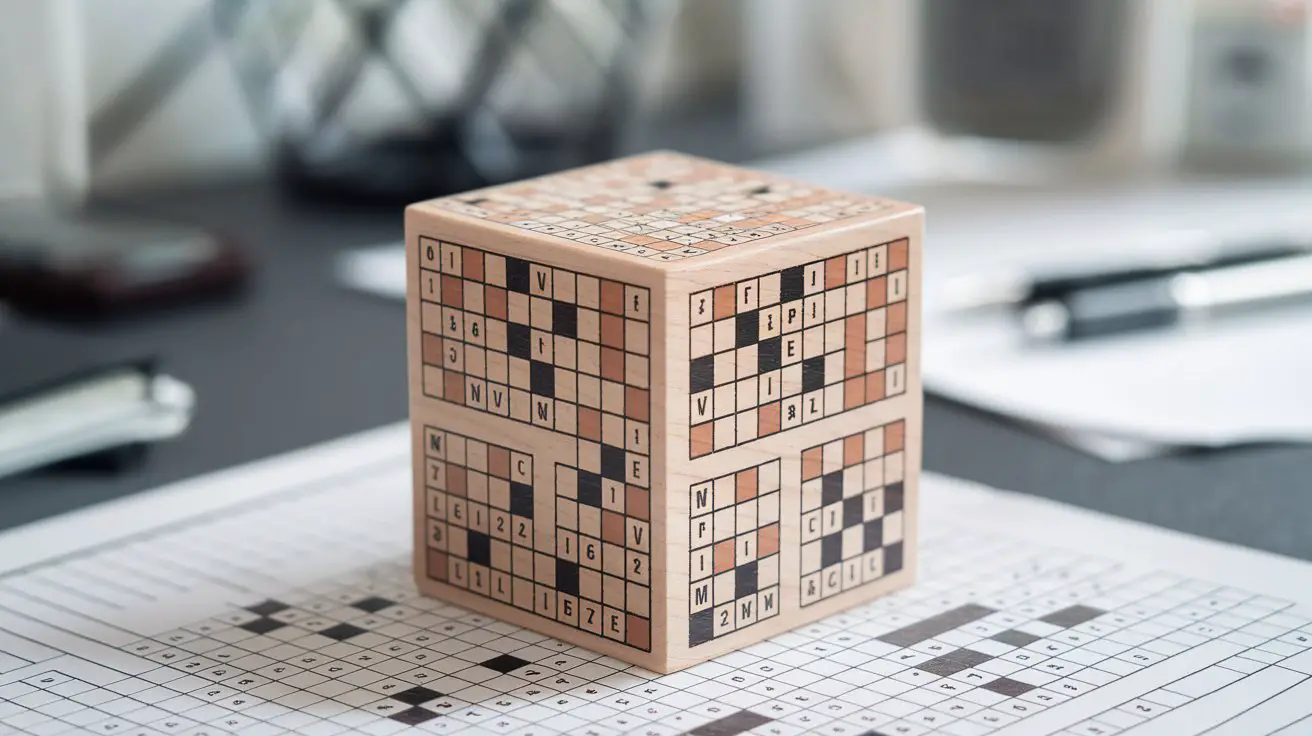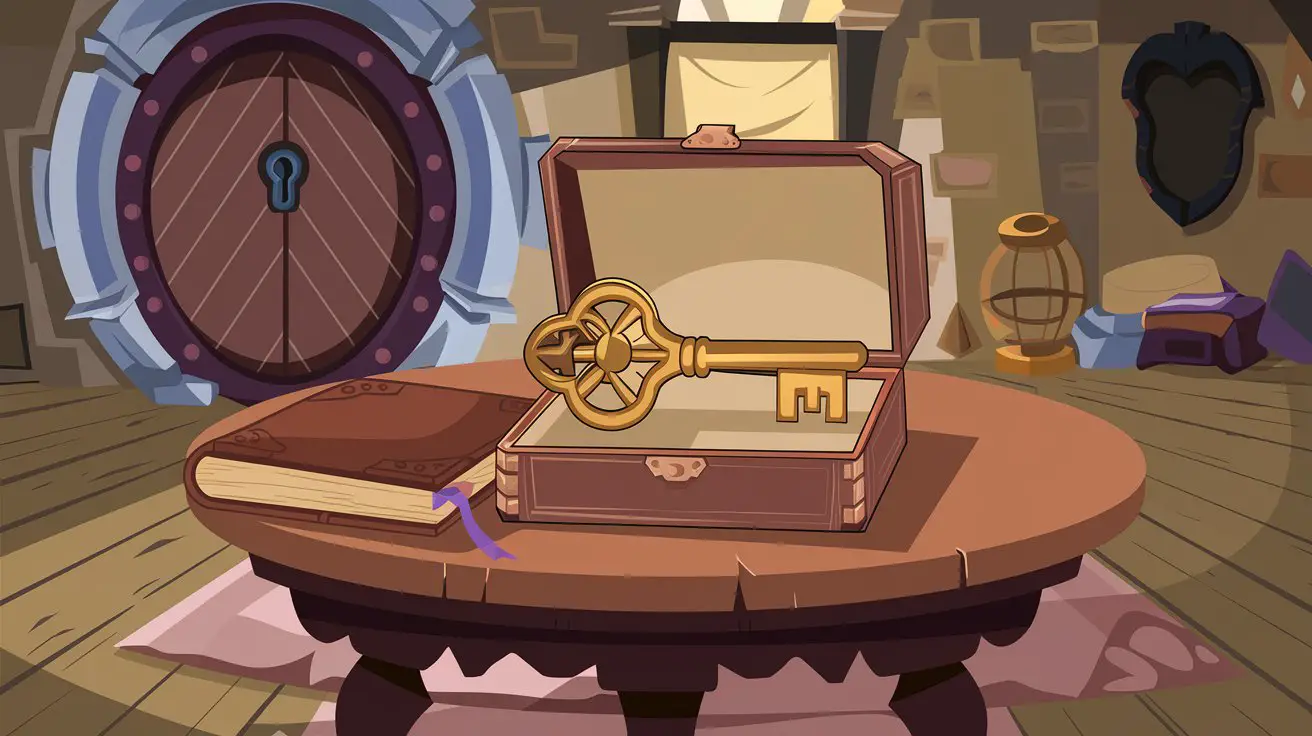Crossword puzzles have long been a beloved pastime for people of all ages. Whether you’re sitting at your kitchen table with a newspaper or scrolling through an app on your smartphone, crosswords offer a perfect blend of challenge and entertainment. These word puzzles test your vocabulary, problem-solving skills, and sometimes even your patience.
I remember the first time I attempted a crossword puzzle; it was in the Sunday newspaper, and I was about ten years old. My dad, an avid crossword enthusiast, sat beside me, encouraging me to give it a try. At first, it felt like an impossible task. But with his guidance and a few helpful tips, I managed to fill in a few words. That small success sparked a lifelong love for crosswords. Over the years, I’ve picked up various tips and tricks that have not only improved my solving skills but also made the experience more enjoyable.
Why Crosswords Are So Popular
Crosswords have stood the test of time for several reasons. They are a fantastic way to engage the mind, whether you’re looking to pass time or sharpen your cognitive abilities. Here are some of the key uses of crossword puzzles:
- Mental Exercise: Crosswords are a great way to keep your brain active. They challenge your vocabulary and your ability to recognize patterns, which can help improve memory and cognitive function.
- Stress Relief: Engaging in a crossword puzzle can be a relaxing way to unwind. The focus required to solve the puzzle can help distract you from daily stresses.
- Educational Benefits: Crosswords are an excellent tool for learning new words and expanding your vocabulary. They often include references to history, pop culture, and even science, offering a fun way to learn about different subjects.
- Social Interaction: Crosswords can be a social activity as well. Whether you’re working on a puzzle with a friend or discussing tricky clues with fellow enthusiasts online, crosswords can bring people together.
- Daily Ritual: For many, solving a crossword puzzle is part of a daily routine. It provides a sense of accomplishment and can be a great way to start or end the day.
When I was in college, I used to carry a small crossword puzzle book in my backpack. Between classes, I would take it out and try to solve a few clues. It became a daily ritual that helped me relax and clear my mind between lectures.

Tips and Tricks for Solving Crosswords
Whether you’re a beginner or a seasoned solver, having a few tips and tricks up your sleeve can significantly enhance your crossword-solving experience. Here are some strategies that have helped me over the years:
- Start with the Easy Clues: Always start by solving the clues you know for sure. This will give you a foothold in the puzzle and help you build momentum. Often, solving just one or two words can help unlock several others.
- Focus on Fill-in-the-Blanks: Fill-in-the-blank clues are often easier to solve because they provide more context. These clues are usually straightforward and can help you get a few letters in place.
- Look for Short Words First: Three- and four-letter words are often easier to solve because there are fewer possibilities. Filling in these shorter words can give you hints for longer, more complex words.
- Use Crossword Solvers: If you’re really stuck, don’t be afraid to use a crossword solver tool online. These tools can help you find possible words based on the letters you already have. However, use them sparingly to avoid spoiling the fun.
- Think About Wordplay: Many crossword clues involve wordplay, such as puns, anagrams, or double meanings. If a clue seems tricky or nonsensical, try thinking about it from a different angle.
- Consider the Theme: Many crosswords have a theme that can give you hints about the answers. If you can identify the theme, it might help you solve related clues more easily.
- Work Backwards: Sometimes, it’s easier to solve a crossword by working from the bottom up or by filling in the last few letters of a word first.
- Keep Practicing: Like any skill, the more you practice, the better you’ll get. Don’t be discouraged if you can’t finish a puzzle right away. Over time, you’ll start to recognize common crossword clues and patterns.
During one particularly challenging week, I found myself struggling with a difficult crossword puzzle. After spending nearly an hour on it, I was about to give up. But then, I decided to apply the “work backward” trick, focusing on the shorter words at the bottom of the puzzle. To my surprise, it worked, and I was able to complete the puzzle. That experience taught me the importance of persistence and creative thinking in crossword solving.

Compatibility with Phones and Devices
Thanks to modern technology, crosswords are more accessible than ever. Whether you prefer solving puzzles on paper or digitally, there are plenty of options to choose from. Here’s a look at how crosswords are compatible with various devices:
- Smartphones:
- iOS Devices (iPhone, iPad): The Apple App Store has a wealth of crossword puzzle apps. Some of the most popular include The New York Times Crossword, Crossword Puzzle Redstone, and Crossword Jam. These apps are optimized for both iPhones and iPads, offering a smooth and user-friendly experience.
- Android Devices: Android users can also find a variety of crossword apps on the Google Play Store. Apps like Crosswords with Friends, Wordscapes, and Shortyz Crosswords are designed to work well on a range of Android smartphones and tablets.
- Tablets:
- Tablets are ideal for crossword enthusiasts who prefer a larger screen. The bigger display makes it easier to see the grid and type in answers. Apps like Penny Dell Crosswords and The Guardian Crossword are excellent choices for tablet users.
- Computers:
- For those who prefer solving crosswords on a computer, there are many websites offering a vast selection of puzzles. NYTimes.com, Boatload Puzzles, and The Crossword Solver are popular options that allow you to solve puzzles directly in your web browser.
- eReaders:
- Some eReaders, such as the Kindle, also support crossword puzzles. While the experience may not be as interactive as on a smartphone or tablet, it’s a good option for those who enjoy reading and solving puzzles in one device.
When I first transitioned from paper crosswords to digital ones, I was skeptical. I thought the experience wouldn’t be the same. However, after downloading a few crossword apps on my phone, I found that the convenience and variety of puzzles available made it a worthwhile switch. Now, I enjoy having access to puzzles wherever I go, whether I’m on a lunch break or waiting for an appointment.
Pros and Cons of Crosswords
Like any activity, solving crosswords has its pros and cons. Understanding these can help you decide how to incorporate crosswords into your routine.
Pros:
- Cognitive Benefits: Regular crossword solving can boost your vocabulary, improve memory, and enhance problem-solving skills. It’s a great way to keep your mind sharp.
- Portable Entertainment: Crosswords are a convenient and portable form of entertainment. Whether you’re traveling, waiting in line, or relaxing at home, you can easily pull out a puzzle and start solving.
- Educational Value: Crosswords can teach you new words, facts, and concepts, making them a fun way to learn.
- Stress Relief: The focused attention required to solve a crossword can help reduce stress and provide a mental escape from daily worries.
- Sense of Accomplishment: Completing a crossword puzzle offers a satisfying sense of achievement, especially if the puzzle was particularly challenging.
I’ve always found crosswords to be a great way to unwind after a long day. The sense of satisfaction I get from filling in the final word is incredibly rewarding and provides a perfect way to relax before bedtime.
Cons:
- Time-Consuming: Crosswords can be time-consuming, especially if you get stuck on a difficult puzzle. It’s easy to lose track of time while trying to solve one.
- Frustration with Tough Puzzles: Some crosswords can be very challenging, leading to frustration if you’re unable to solve them. This can take away from the enjoyment of the activity.
- Limited Appeal: Not everyone enjoys word puzzles, so crosswords may not be appealing to everyone. They require a certain level of language proficiency and interest in wordplay.
- Screen Time: If you’re solving crosswords on a digital device, it can contribute to increased screen time, which may not be ideal for your eye health or overall well-being.
One weekend, I found myself stuck on a particularly tricky crossword puzzle. I spent hours trying to solve it, but the answers just wouldn’t come. Eventually, I had to set it aside and take a break. That experience reminded me that it’s okay not to solve every puzzle right away and that sometimes it’s better to walk away and return with a fresh perspective.

Conclusion
Crossword puzzles are a timeless and versatile activity that can provide both entertainment and cognitive benefits. Whether you’re a seasoned solver or just starting, incorporating these tips and tricks into your solving strategy can enhance your experience and make puzzles more enjoyable. With the convenience of digital platforms, you can access crosswords on a variety of devices, allowing you to enjoy puzzles wherever and whenever you like.
However, it’s important to balance your crossword-solving with other activities and not let it consume too much of your time. While crosswords are fun and beneficial, it’s also crucial to recognize when it’s time to take a break.
So, whether you’re solving crosswords on your morning commute or as part of your evening routine, remember to enjoy the challenge, celebrate your successes, and keep learning new tricks along the way. After all, the journey of solving a crossword is just as rewarding as completing it.